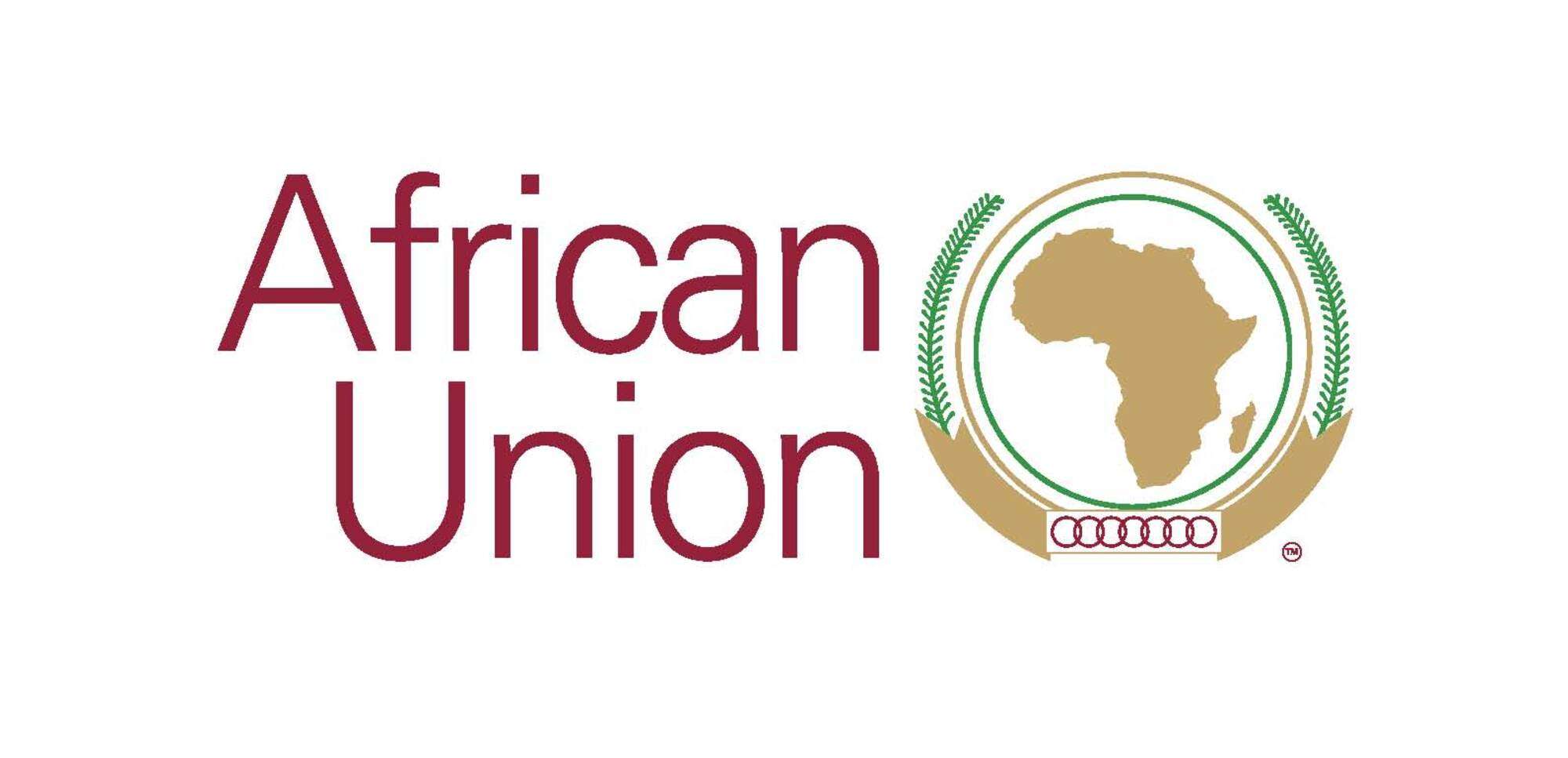“We must unite now or perish… We recognize that our economic independence resides in our African union and requires the same concentration upon the political achievement” – Kwame Nkrumah, First President and Prime Minister of Ghana
The African Union (AU) was officially launched on the 9 of July, 2002 at Durban, South Africa, following a resolution adopted by the Organization of African Unity in Sirte, Libya, on 9 September 1999, thus succeeding the Organization of African Unity (OAU), which was the first Africa’s post-independence organization that was founded on May 1963 at Addis Ababa, Ethiopia.
In this article, we will look at a brief overview of the African Union (AU).
Table of Contents
What is the relationship between OAU and AU?
Aimed at encouraging political and economic integration among member states, the organization of African Unity was an intergovernmental organization established on 25th May 1963 in Addis Ababa, Ethiopia, with 32 signatory governments. But was disbanded on 9 July 2002, by former President of South Africa, Thabo Mbeki who was the last chairman of the OAU, and OAU was replaced by the African Union (AU) on the same date.
“Africa’s story has been written by others; we need to own our problems and solution and write our story – Paul Kagame”, President of Rwanda
However, the organization of African Unity (OAU) had some intriguing goals that the African Union later built its. These include:
- The eradication of colonialism and Neo-colonialism from the African continent
- Raising the living standards of all Africans,
- Ensuring that all Africans enjoyed human rights
- Settling disputes between members through peaceful and diplomatic negotiation.
Organs of the African Union (AU)
The AU has 8 council, 7 specialized technical committees and 3 Financial Institutions.
AU Council
- The Economic, Social and Cultural Council
- The Assembly
- The Executive Council
- The Commission
- The Permanent Representatives’ Committee
- Peace and Security Council (PSC)
- Pan-African Parliament
- The Court of Justice
Specialized Technical Committees
- The Committee on Rural Economy and Agricultural Matters
- The Committee on Monetary and Financial Affairs
- The Committee on Trade, Customs and Immigration Matters
- The Committee on Industry, Science and Technology, Energy, Natural Resources and Environment
- The Committee on Transport, Communications and Tourism
- The Committee on Health, Labour and Social Affairs
- The Committee on Education, Culture and Human Resources
Financial Institutions
- The African Central bank
- The African Monetary Fund
- The African Investment Bank
Let’s look at functions of two of AU council
Peace and Security Council (PSC)
The Peace and Security Council is the organ of the African Union in charge of enforcing Union decisions. The mission of the PSC is to respond to conflict in Africa. The PSC relies on collective security and its early-warning detection systems.
Pan-African Parliament (PAP)
The Pan-African Parliament also known as the African Parliament is the legislative body of the African Union. It held its inaugural session in March 2004. The parliament was established to create a space where people from all states of Africa could meet, deliberate, and Pass more policies on issues that affected the entire continent of Africa.
The working Goals of AU
- To achieve greater unity, cohesion, and solidarity between African countries and African nations.
- To defend the sovereignty, territorial integrity, and independence of its Member States.
- To accelerate the political and social-economic integration of the continent.
- To promote and defend African common positions on issues of interest to the continent and its peoples.
- To encourage international cooperation, taking due account of the Charter of the United Nations and the Universal Declaration of Human Rights.
- To promote peace, security, and stability on the continent.
- To promote democratic principles and institutions, popular participation, and good governance.
- To promote and protect human and peoples’ rights through the African Charter on Human and Peoples’ Rights and other relevant human rights instruments.
- To establish the necessary conditions which enable the continent to play its rightful role in the global economy and international negotiations.
- To promote sustainable development at the economic, social, and cultural levels as well as the integration of African economies.
Achievements of African Union
The AU has made some progress in resolving and limiting conflicts in several of the region’s hot spots, including difficulty spots in Sudan, resolving violent post-election conflicts in Cote d’Ivoire and Kenya, and compelling military coup plotters to cede power to civilian regimes.
The AU has put in place declarations and institutions to promote and encourage economic integration among its 54 member nations as the road to sustainable development in the quest for prosperity in the region. The African Union Commission has made strides toward better coordinating and harmonizing development policies and programs with the five Regional Economic Communities (RECs) that represent the various geographical regions of the continent. This has been accomplished in partnership with international partners and the UN
Setbacks of AU
The major problem facing African leader is that of unemployment which has resulted in many security and humanitarian challenges.
Thus, the big concern is how to address the job and livelihood aspirations of Africa’s youth, who make up three-quarters of the labor force in most nations and many of whom have attended school and universities to become productive members of society but end up unemployed, is a significant challenge facing the AU and its leaders.
Some facts you should know
- The largest city in the AU is Lagos, Nigeria, while the largest Urban agglomeration is Cairo, Egypt.
- The African Union has more than 1.3 billion people.
- The primary working languages of AU are Arabic, English, French, Portuguese, Spanish, and Swahili.
- The most important Decisions of the AU are made by the Assembly of African Union, a semi-annual meeting of the heads of state and governments of its member states.
- The AU’s secretariat, the African Union Commission, is located in Addis Ababa, Ethiopia.

